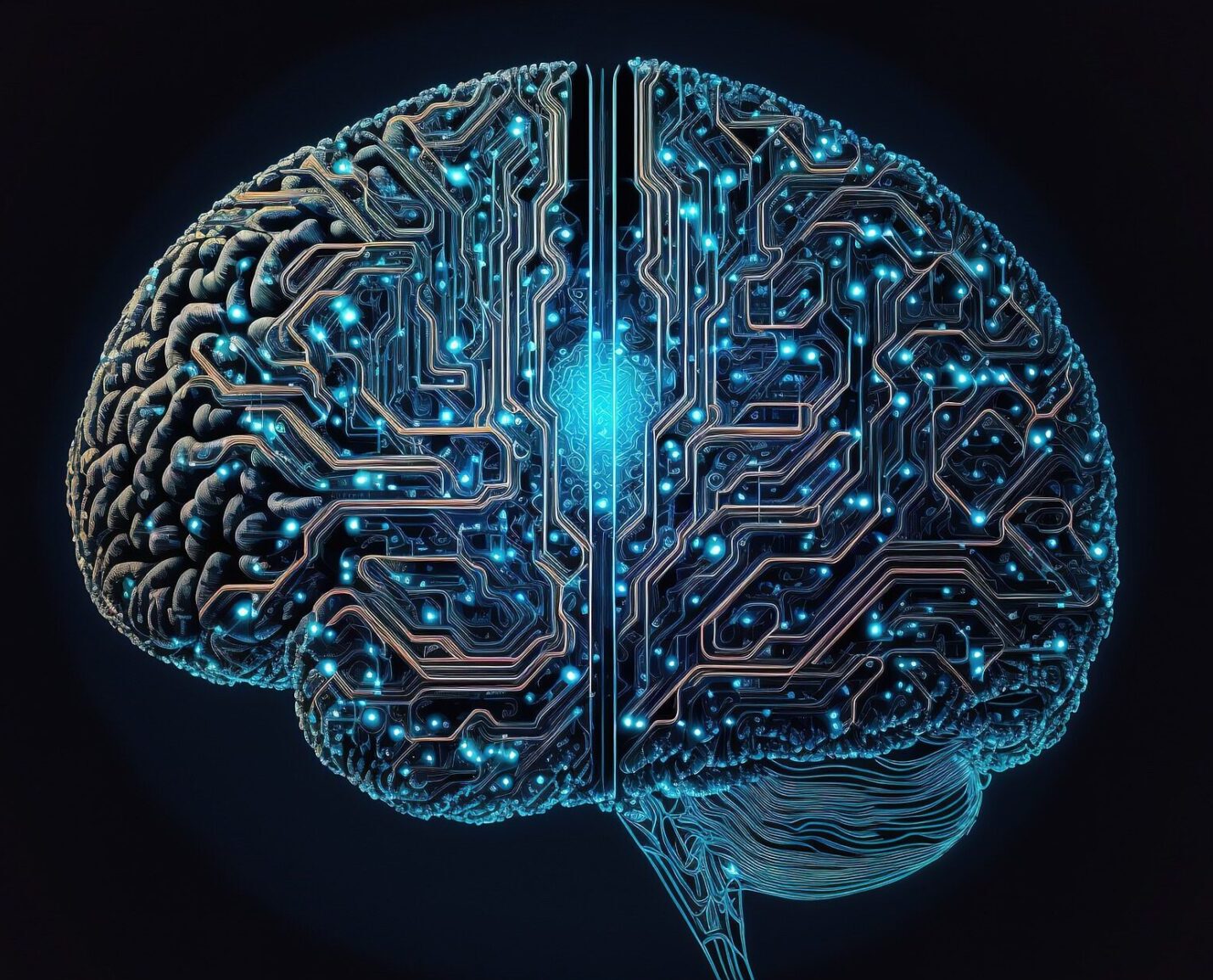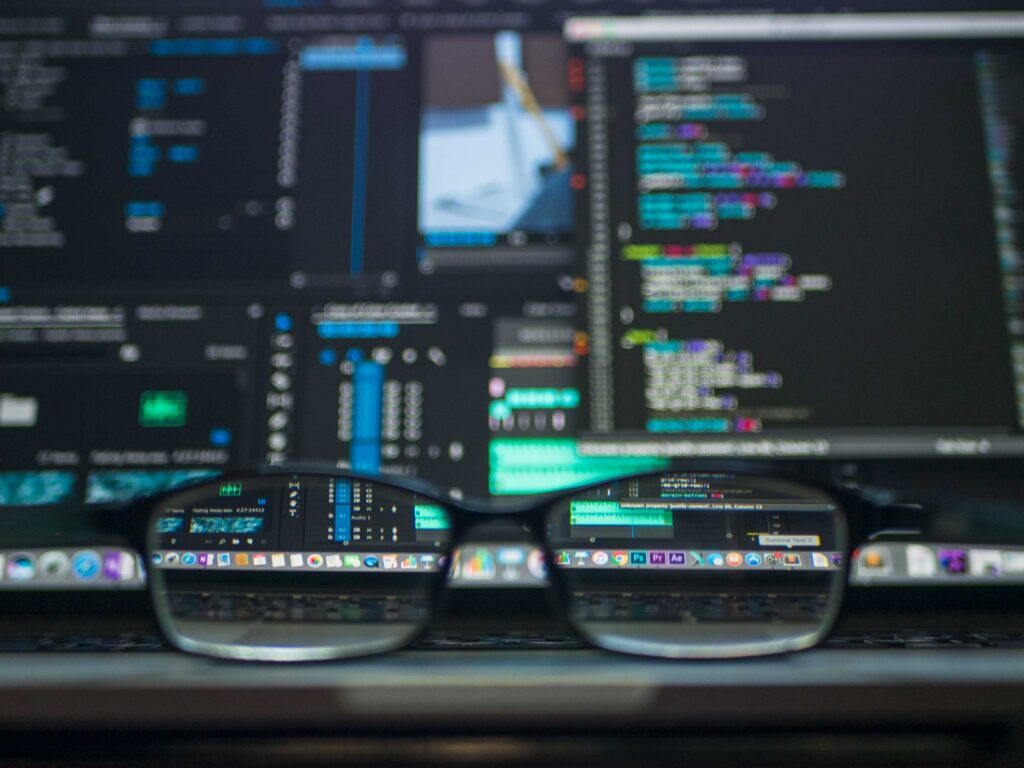Artificial intelligence has hit the headlines, as ChatGPT and similar technologies make their mark on our everyday lives. With all this attention, you could be forgiven for thinking that AI is a new technology. In fact, what we are actually seeing today are the results of decades of research and technological developments all coming to mainstream fruition now, making a real difference to how we live and work.
AI versus ML
AI is the ability of a computer or machine to mimic or imitate human intelligent behavior and perform human-like tasks. It performs tasks that require human intelligence such as thinking, reasoning, learning from experience and most importantly, making its own decisions.
Machine learning is a subset of AI. It is computer systems that can learn and adapt without being explicitly programmed or helped to. Machine learning uses algorithms and statistical models to intelligently analyze data, drawing inferences from data patterns to inform further action.
Where does AI fit in manufacturing?
Put simply, AI (machine learning in particular) facilitates smart, industry-specific applications to improve every aspect of the supply chain. With its ability to factor in an inordinate number of data values, parameters, what-if scenarios and other contributing factors, machine learning can produce accurate and timely recommendations for almost every aspect of the supply chain. Ultimately, this provides a competitive advantage that would be impossible to replicate without the application of AI technologies.
AI is already proving to be a driver of real efficiencies.
Where is machine learning being used already?
The uses of machine learning are seemingly limitless. Take precision farming, for example, an area where machine learning is delivering new depths of insight. Recently, animal nutrition company Nutreco has achieved additional production cycles of healthier shrimps, while at the same time using 30 percent less feed. Specifically, the business uses audio sensors in aquaculture to listen to the shrimps, understanding when they are hungry. Machine learning then determines when and how much the shrimps must be fed, which lowers the feed conversion ratio and shortens the shrimp production cycle, doubling production without huge intensification.
Global bakery ingredients business, Zeelandia Group, has addressed the challenges of higher costs and lack of available bakery ingredients by deploying a machine learning model that recommends products and prices to be offered to their bakery customers based on what similar customers are buying. Through the implementation of applied AI, the group has achieved an 83 percent faster time to prepare product recommendations for customers, cutting the time down from 30 minutes to five minutes.
As a result of product recommendations taking less time, Zeelandia Group employees are able to provide a better customer experience in addition to increased revenue per transaction and share of wallet per customer, improving the accuracy and speed of product recommendations and pricing strategies.
A developing story
As more businesses discover the benefits that can be realized with the application of AI, AI capabilities will develop even further still – refined to solve specific industry or business problems. As we’re seeing already, the considered application of AI technologies is helping businesses right across the supply chain and this is only set to increase over the next few years. AI is already proving to be a driver of real efficiencies as well as helping businesses plan for all eventualities, delivering the actionable insight that’s needed to stay one step ahead at all times.
Phil Lewis is senior VP, solution consulting at Infor.





